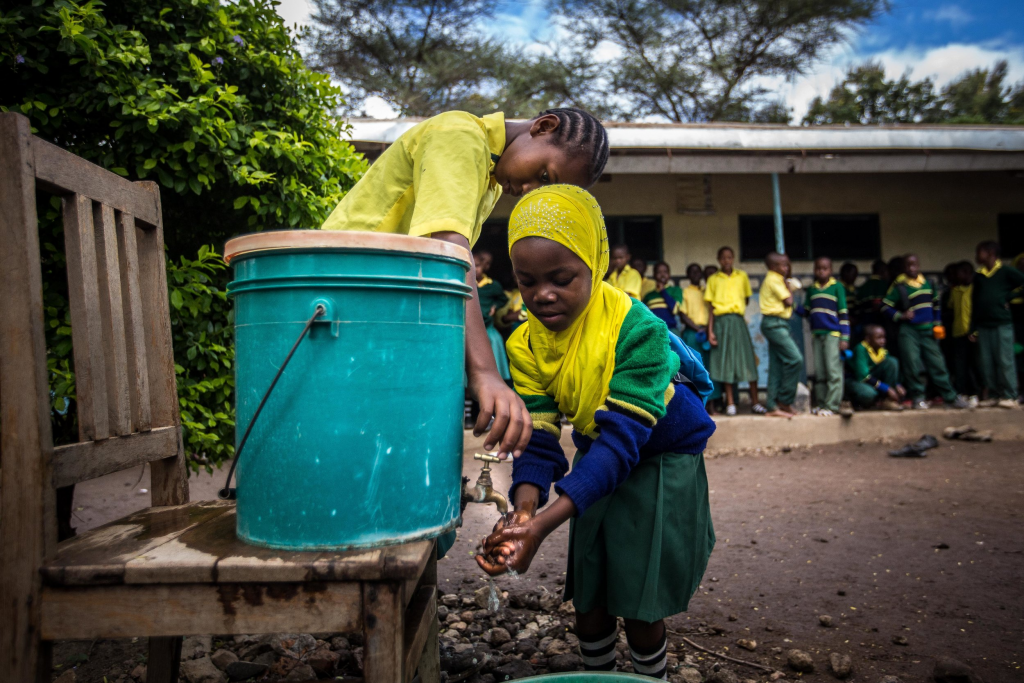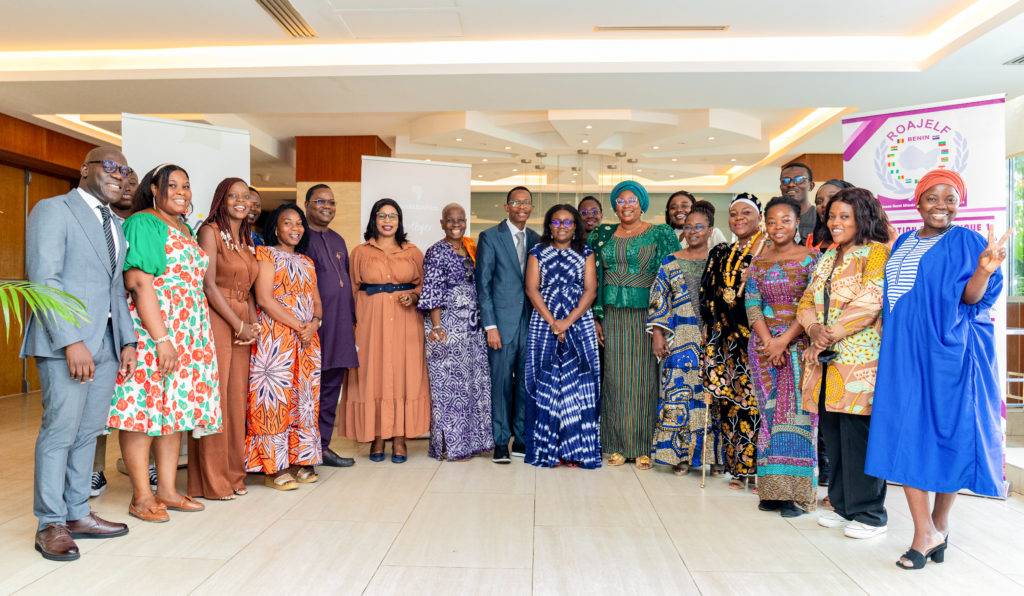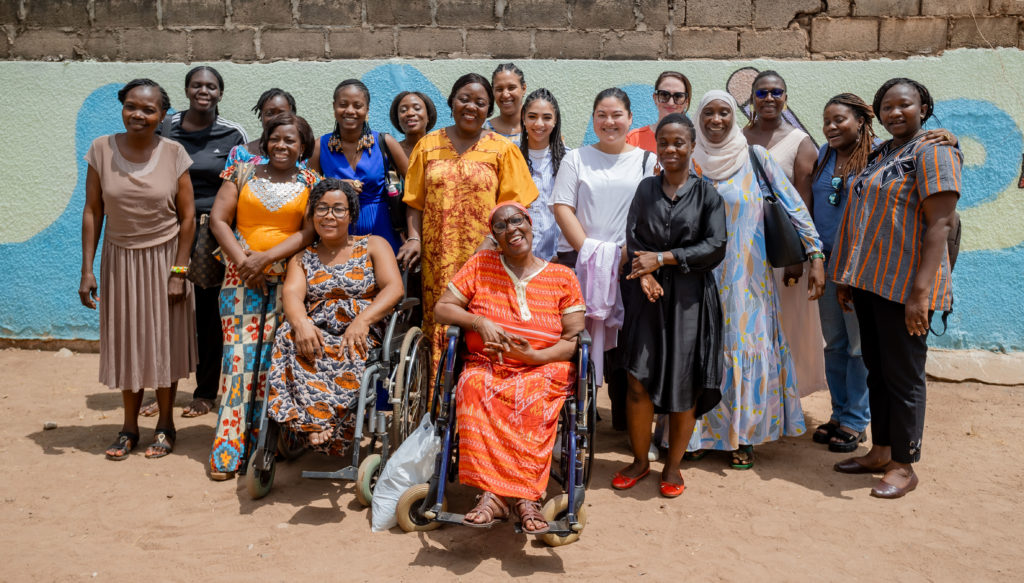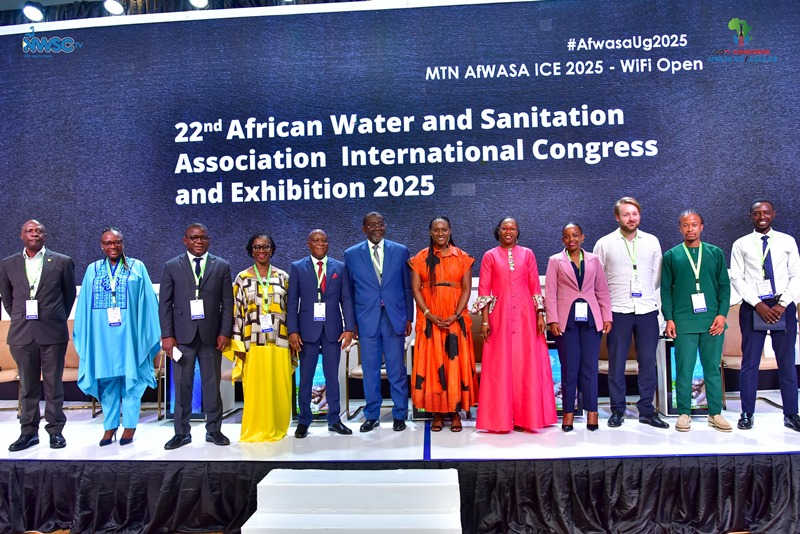Stopping the spread of NTDs in Africa through improved WASH services

Neglected tropical diseases (NTDs) are a diverse group of parasitic and bacterial infectious diseases that collectively affect more than 1.5 billion people worldwide, including 600 million people in Africa. They can cause disfigurement, malnutrition and chronic pain, but can be prevented, treated, and, in many cases, eliminated.
In 2017, Togo was the first country in sub-Saharan Africa to eliminate lymphatic filariasis, an NTD that occurs when filarial parasites are transmitted to humans through mosquitoes. This year, in March, Kenya was certified free of Guinea worm diseases by the World Health Organization (WHO), and in June Ghana eliminated trachoma, the leading infectious cause of blindness worldwide.
Yet, despite the impact NTDs have on the quality of life of individuals and families, as well as the economic development of a region, they still garner limited funding and little attention from policymakers.
To better support countries in accelerating elimination efforts, WHO’s Regional Office for Africa’s Expanded Special Project for Elimination of Neglected Tropical Diseases (ESPEN) portal, launched in 2016, raises the profile of the five NTDs (lymphatic filariasis, onchocerciasis, schistosomiasis, soil-transmitted helminthiasis and trachoma) which are amenable to preventive chemotherapy (PC-NTDs), and most prevalent in Africa. The portal helps to facilitate the sharing of NTD programme data to inform evidence-based action aimed at achieving elimination, and supports WHO’s broader target of long-term strengthening of health systems.
With a focus on advancing progress towards the Sustainable Development Goals, more cross-cutting approaches to slowing the spread of NTDs are being integrated into programs that also work on improving water, sanitation and hygiene (WASH) services.
WHO’s global strategy focuses on strengthening collaboration and providing specific guidance to stakeholders in both sectors, as not just a cost effective way to tackling NTDs, but a sustainable means to improving the quality of life for families globally.
“NTDs and the sustainable development agenda are inextricably linked. Simply put, we will not attain the SDGs in Africa if we don’t overcome NTDs. Tackling NTDs makes economic and development sense. Our efforts will help advance all the SDGs, from reducing poverty and malnutrition to improving water and sanitation, gender equality and education,” said Dr. Matshidiso Moeti, WHO Regional Director for Africa.
Mobilizing WASH and NTD actors to work together maximizes the effectiveness of interventions and is an essential part of creating a healthy, prosperous future for Africa.
To learn more about the connection between NTDs and WASH, visit: http://www.who.int/neglected_diseases/water-sanitation/en/.


